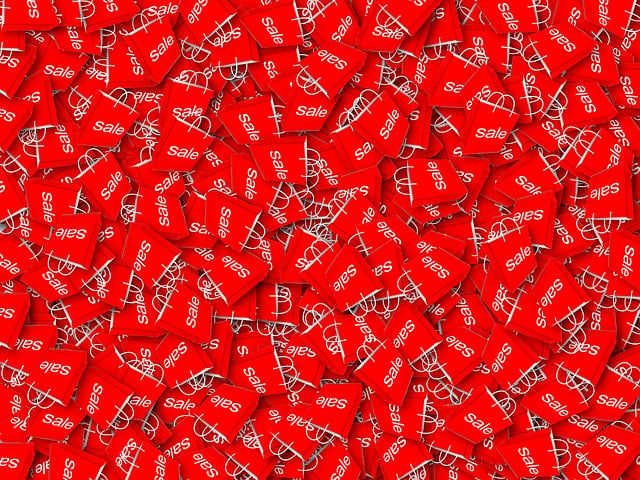Yard Waste Removal and Recycling is a sustainable practice for homeowners, managing grass clippings, leaves, and trimmings to enrich soil, reduce landfill waste, and contribute to a greener future. By implementing weekly cleanup routines, composting systems, and local recycling programs, busy homeowners can alleviate stress and maintain healthy lawns while minimizing environmental impact. This approach not only conserves natural resources but also fosters creative gardening and DIY projects, enhancing outdoor space aesthetics.
Staying on top of garden waste management can be a challenge for busy homeowners. This comprehensive guide explores effective strategies to tackle yard waste, ensuring a cleaner, greener outdoor space without the hassle. We’ll delve into the different types of garden debris and their environmental impact, providing practical tips for efficient removal. Additionally, discover creative ways to recycle and upcycle garden waste, transforming it into valuable resources while promoting sustainable practices.
- Understanding Yard Waste: Types and Impact
- Efficient Yard Waste Removal Strategies for Busy Homeowners
- Recycling and Upcycling: Transforming Garden Waste into Resources
Understanding Yard Waste: Types and Impact

Yard waste, often overlooked, is a significant aspect of home maintenance that can have both positive and negative impacts on our environment. It encompasses various materials generated from outdoor activities, including grass clippings, leaf debris, hedge trimmings, and even small branches. Properly managing this waste is crucial not only for maintaining a clean and aesthetically pleasing outdoor space but also for promoting environmental sustainability.
Different types of yard waste have distinct effects on the ecosystem. For instance, organic matter like leaves and grass clippings can enrich soil, providing essential nutrients for plant growth. On the other hand, improper disposal methods can lead to environmental pollution. Yard Waste Removal and Recycling plays a vital role in ensuring these materials are handled responsibly. By implementing recycling practices, homeowners can reduce the amount of waste sent to landfills, contributing to a greener and more sustainable future.
Efficient Yard Waste Removal Strategies for Busy Homeowners

Busy homeowners often find themselves overwhelmed by the task of managing garden waste. Efficient yard waste removal and recycling strategies are essential to maintain a tidy, healthy lawn and reduce environmental impact. One effective approach is to schedule dedicated time each week for yard clean-up, ensuring that dead leaves, grass clippings, and pruned branches are promptly collected and disposed of responsibly.
Implementing a composting system can also significantly reduce the volume of yard waste sent to landfills. Organic materials like food scraps, garden trimmings, and dried leaves can be transformed into nutrient-rich compost, which is then used to enhance soil fertility and promote plant growth. Many local municipalities offer recycling programs that include yard waste collection, making it easier for homeowners to contribute to a more sustainable environment while maintaining their outdoor spaces efficiently.
Recycling and Upcycling: Transforming Garden Waste into Resources

In today’s world, where sustainability is a pressing concern, homeowners are increasingly looking for ways to responsibly manage their garden waste. Yard waste removal doesn’t have to be a simple task of dumping; it can become an opportunity for resourcefulness. Recycling and upcycling garden waste not only reduces the amount of material ending up in landfills but also transforms these organic resources into valuable materials for gardening and home projects.
From kitchen scraps to lawn clippings, many items that were once considered trash can be recycled or upcycled. For example, leaves and grass clippings can be composted and used as a rich soil amendment. Wooden branches and pruned plants can be chipped and turned into mulch, which helps retain moisture in the soil and suppresses weeds. Even old garden tools and furniture can find new life through creative upcycling projects, reducing waste and giving your yard a unique, personalized touch.
Managing garden waste effectively is a sustainable practice that busy homeowners can easily integrate into their routines. By understanding the various types of yard debris and their environmental impact, individuals can make informed decisions. Implementing efficient removal strategies, such as scheduled collections or composting, ensures a cleaner, greener space. Moreover, recycling and upcycling techniques allow for the transformation of garden waste into valuable resources, promoting a circular economy. Adopting these practices not only reduces waste but also contributes to a healthier environment, making it an essential step for conscious homeowners.
